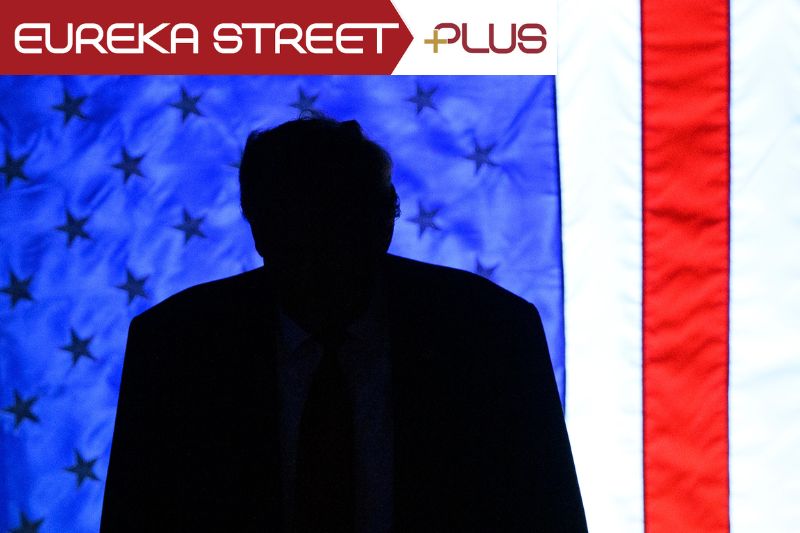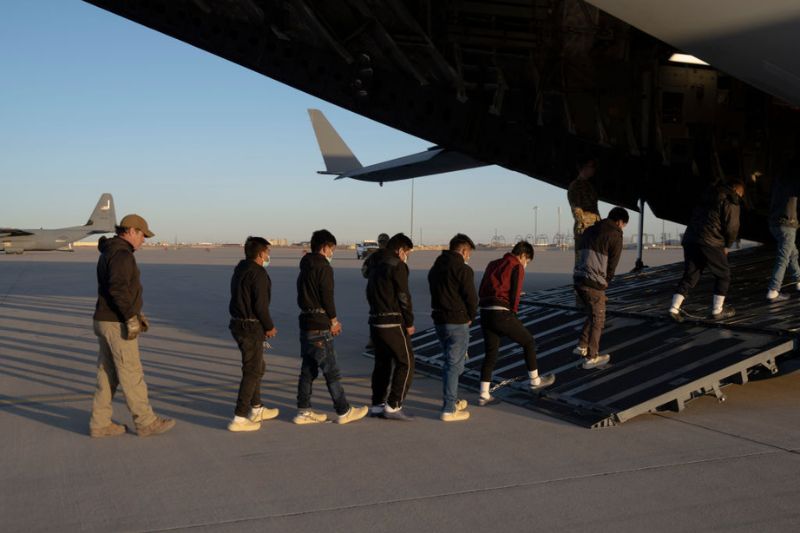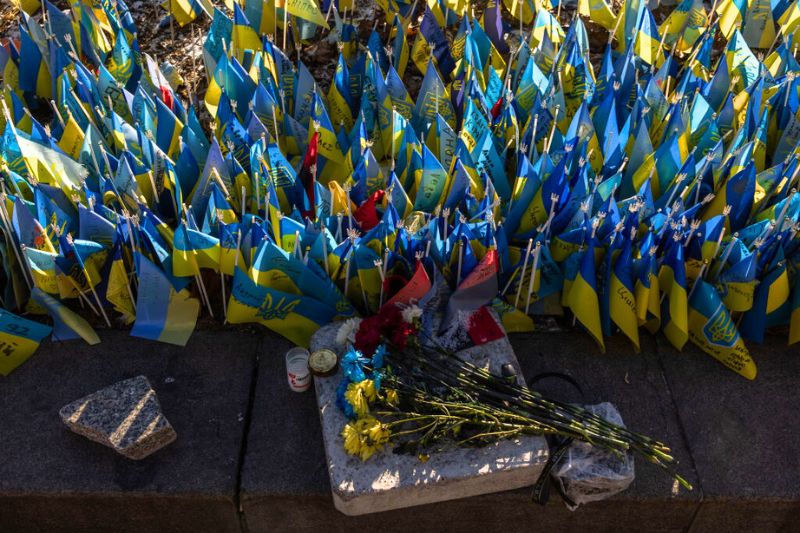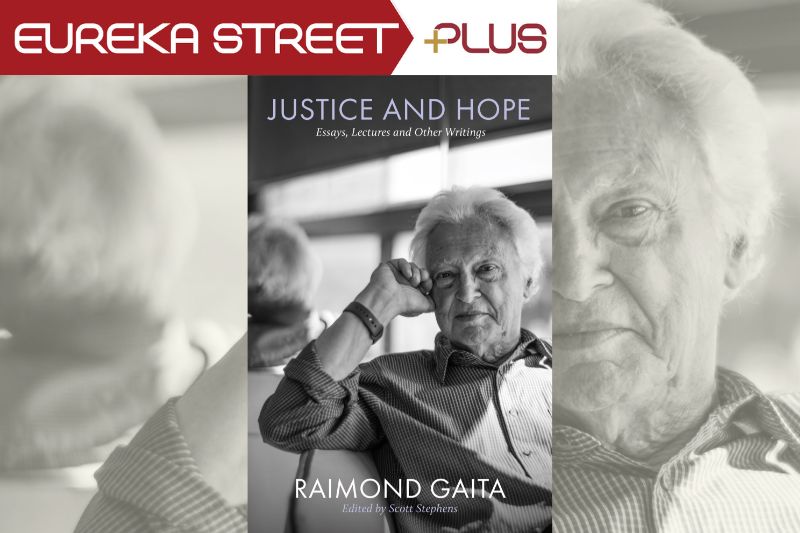Keywords: Border Protection
-

INTERNATIONAL
- Nirmal Ghosh
- 14 March 2025
Donald Trump’s return to the White House was the culmination of decades of economic decline, political disillusionment, and cultural fracture, forces the liberal elite ignored at their peril. As Trump reshapes America’s role in the world, his rise reveals hard truths about democracy, populism, and power in the 21st century.
READ MORE 
-

ENVIRONMENT
- Michele Gierck
- 28 February 2025
Dr. Paul Hardisty has spent years chronicling the Great Barrier Reef—not just its breathtaking beauty, but its battles for survival. In In Hot Water, he traces a century of near-misses and looming catastrophe, from oil drilling threats to climate-driven bleaching, revealing the fragile, high-stakes fight to save the world’s largest coral ecosystem.
READ MORE 
-

INTERNATIONAL
- Andrew Hamilton
- 30 January 2025
The United States' recent shift in immigration policy towards exclusions and deportations is a modern moral reckoning. It underscores the tension between a society’s right to regulate its borders and its responsibility to uphold the dignity of those who already call it home.
READ MORE
-

AUSTRALIA
- Kerry Murphy
- 05 July 2024
There is no doubt that laws for determining refugee status and onshore protection are complex. The cases of NZYQ and ASF17 demonstrate that when laws regarding asylum and protection intersect with laws regarding character and protection of the community, the results can be extremely messy.
READ MORE 
-

INTERNATIONAL
- Sergey Maidukov Sr.
- 20 June 2024
1 Comment
Unlike the initial days of the Russian invasion of Ukraine, when thousands eagerly gathered at recruitment centers, the army now faces difficulties in enlisting new soldiers as the troops continue to endure ongoing hardship.
READ MORE
-

ARTS AND CULTURE
- Andrew Hamilton
- 07 June 2024
1 Comment
Raimond Gaita insists that there is something precious in each human being. He does not rest this conviction on a particular religious or philosophical grounding. It flows, rather, from a rich reading of human possibilities and questioning of the meaning of life.
READ MORE 